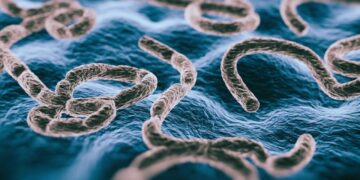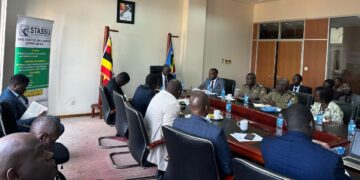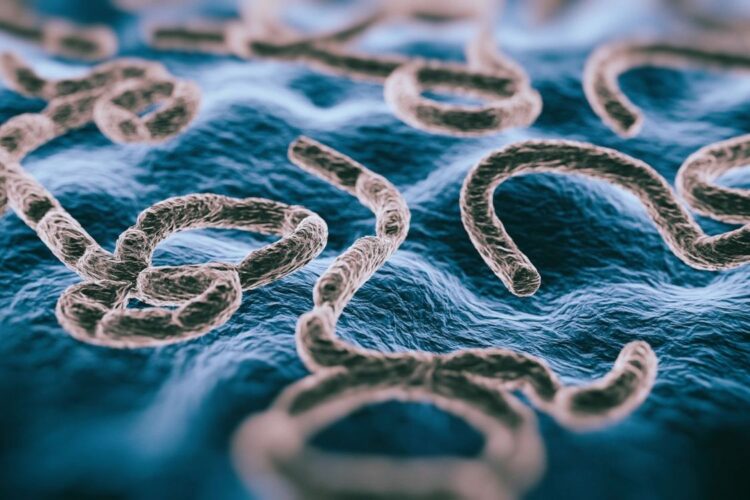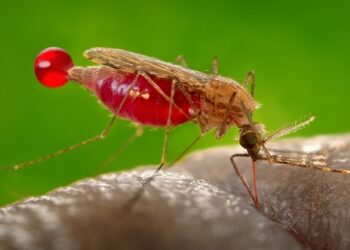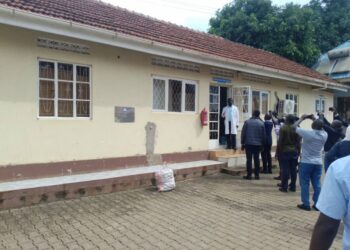By Gilbert Akampa Kakurugu
HEALTH
Ebola Virus Disease (EVD) is a severe and often fatal illness that affects humans and non-human primates such as bats, monkeys, gorillas, and chimpanzees. The virus is transmitted to people from wild animals and then spreads in the human population through human-to-human transmission.
How is Ebola Spread?
Ebola primarily spreads through human-to-human transmission. This occurs when blood or other bodily fluids from an infected person enter a healthy person’s body through broken skin or mucous membranes such as the eyes, ears, nose, and mouth. Additionally, infection can occur through contact with items and environments contaminated with body fluids from an infected person, such as soiled clothing, beddings, gloves, protective equipment, and medical waste like syringes.
Signs and Symptoms of Ebola
The incubation period, or the time interval from exposure to the virus to the onset of symptoms, is typically 2 to 21 days. A person infected with the Ebola virus is not contagious until symptoms appear. Common symptoms include:
– Fever(greater than 38.6°C)
– Severe headache
– Muscle pain
– Weakness
– Sore throat
– Vomiting
– Diarrhea
– Stomach pain
– Fatigue
In some cases, both internal and external bleeding may occur, manifesting through the nose, mouth, ears, gums, and other body parts.
Prevention of Ebola
Ebola can be prevented through the following measures:
– Regular handwashing with soap and clean water.
– Avoiding direct contact with the body fluids of Ebola suspects and bodies.
– Wearing personal protective equipment when caring for Ebola patients.
– Practicing safe and dignified burials for Ebola victims.
– Reporting suspected Ebola cases to public health authorities immediately.
Treatment of Ebola
There is no specific medicine proven to be effective against Ebola. However, treating symptoms as they appear can improve survival chances. Early interventions include:
– Providing intravenous fluid therapy and balancing body salts.
– Maintaining oxygen status and blood pressure.
– Treating other infections if they occur.
Who is at Risk?
Certain groups of people have a higher risk of contracting Ebola, including:
– Family members or people in contact with infected individuals.
– Mourners who have direct contact with bodies during burial rituals.
– Health workers attending to patients during outbreaks.
Post-Recovery Guidelines
After recovering from Ebola, it is essential to monitor your health, especially if you were in an area with an outbreak. Key steps include:
– Monitoring health for 21 days if exposed to potential sources of the virus.
– Seeking medical care immediately if symptoms such as fever, headache, muscle pain, diarrhea, vomiting, stomach pain, or unexplained bruising or bleeding occur.
By understanding Ebola and taking preventive measures, we can reduce the risk of transmission and improve outcomes for those affected by this deadly disease.
